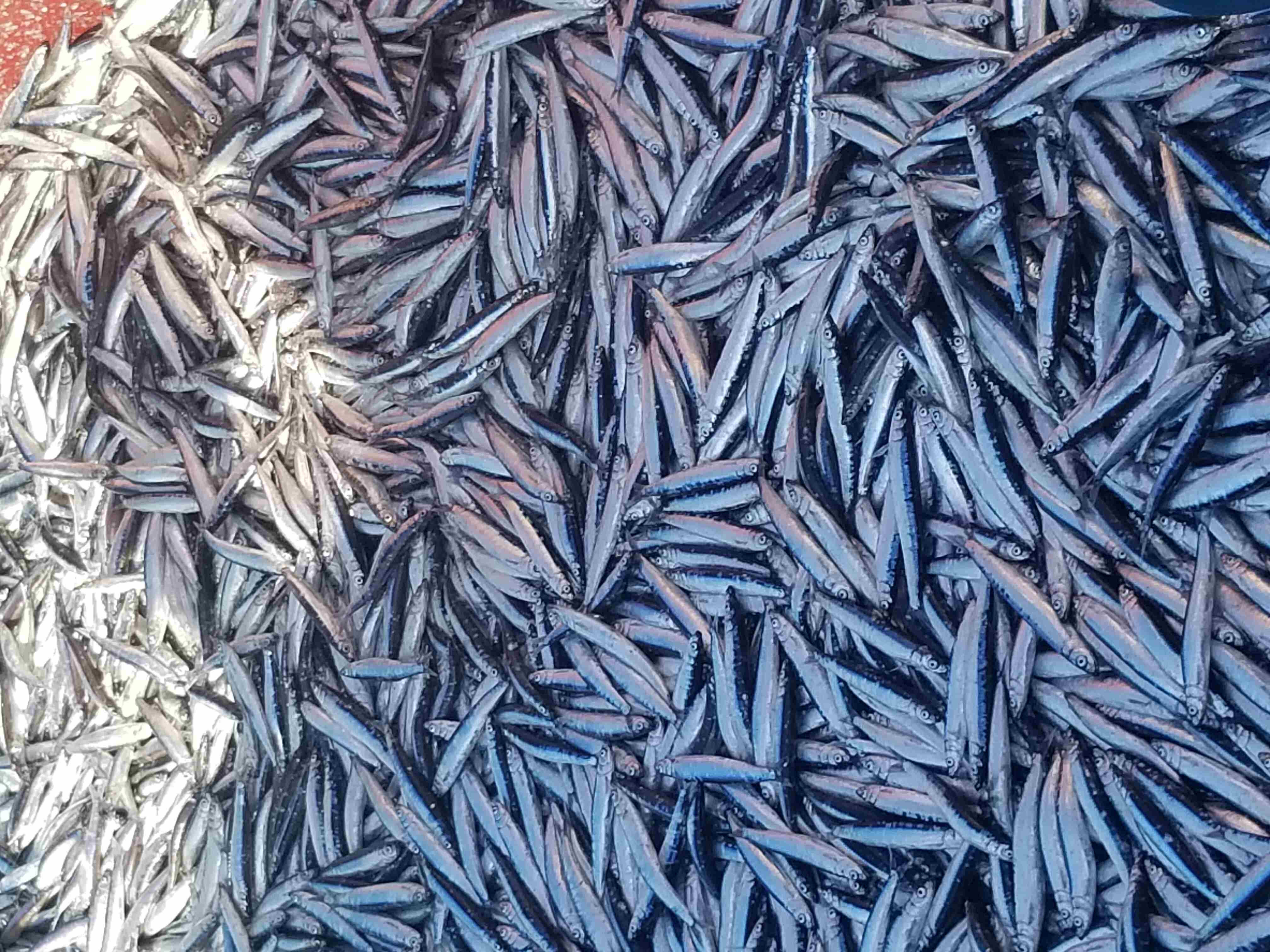
Sustainable
Fishing Practices at Lake Nyasa Fishing and Processing Enterprise
At Lake Nyasa Fishing and Processing
Enterprise, we pride ourselves on our commitment to sustainable fishing
practices that ensure the long-term health and productivity of Lake Nyasa's
diverse aquatic ecosystem. Our approach integrates traditional knowledge with
modern sustainability principles, allowing us to offer high-quality fish
products while safeguarding the lake's natural resources for future
generations.
Diverse
Range of Fish
Our fishing operations focus on a
variety of fish species that are both ecologically significant and highly
valued in the market. The key species we sustainably harvest include:
- Dagaa Nyasa:
These small, nutrient-rich fish are a staple in the local diet and a vital
part of the lake's ecosystem.
Magege (Mozambique Tilapia): Known for their excellent taste and nutritional
value, Magege are a popular choice among our customers.
Hango:
This species is cherished for its unique flavor and is an important part
of the local fishing culture.
Matupuka:
Another locally prized species, Matupuka contribute to the biodiversity of
the lake and the variety of our product offerings.
Preventing
Overfishing
To prevent overfishing, we adhere to
a set of rigorous guidelines and best practices designed to maintain the
delicate balance of the lake's ecosystem. These practices include:
- Seasonal Fishing Regulations: We follow strict seasonal fishing schedules to allow
fish populations to replenish. By avoiding peak breeding times, we help
ensure that fish stocks remain robust and sustainable.
Catch Limits:
Our fishermen operate under carefully monitored catch limits, which are
set based on scientific assessments of fish populations. These limits help
prevent overexploitation and ensure that fishing activities do not
negatively impact the lake's biodiversity.
Selective Fishing Techniques: We employ selective fishing methods that target
specific species and sizes of fish. This approach minimizes bycatch and
reduces the impact on non-target species, helping to preserve the overall
health of the lake's ecosystem.
Protecting
the Lake's Ecosystem
Our commitment to environmental
stewardship extends beyond preventing overfishing. We take proactive measures
to protect and enhance the lake's ecosystem, including:
Habitat Conservation:
We work with local communities and conservation organizations to protect
critical fish habitats, such as breeding and nursery areas. By preserving
these habitats, we support the natural lifecycle of the fish and
contribute to the overall health of the lake.
Water Quality Monitoring: Maintaining the water quality of Lake Nyasa is
essential for the well-being of both the fish and the surrounding
communities. We regularly monitor water quality and implement measures to
reduce pollution and prevent contamination.
Community Education:
We engage with local communities to raise awareness about the importance
of sustainable fishing practices. Through education and outreach programs,
we empower fishermen and community members to take an active role in
conserving the lake's resources.
Commitment
to Quality
Our dedication to sustainability
goes hand-in-hand with our commitment to providing the highest quality fish
products. By ensuring that our fishing practices are environmentally
responsible, we are able to offer customers fresh, healthy, and sustainably
sourced fish that they can trust.
At Lake Nyasa Fishing and Processing
Enterprise, we believe that responsible fishing is not just good for the
environment—it is also good for business. By maintaining a sustainable
approach, we ensure the long-term viability of our operations and the continued
prosperity of the communities that depend on Lake Nyasa. We invite you to join
us in supporting sustainable fishing practices and enjoying the rich, authentic
taste of our premium fish products.